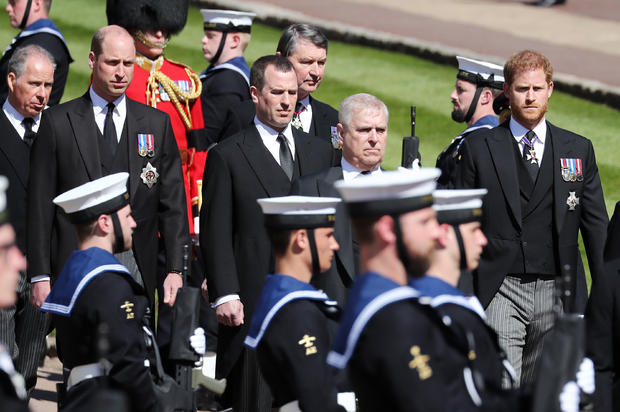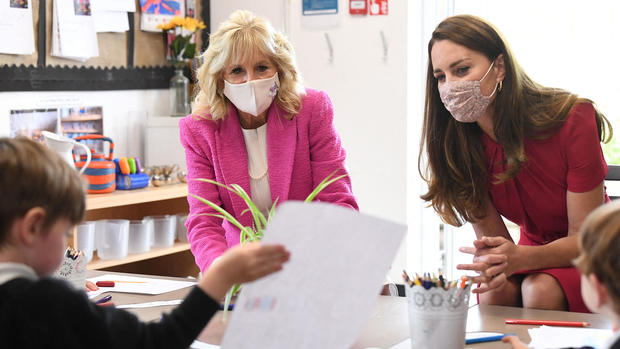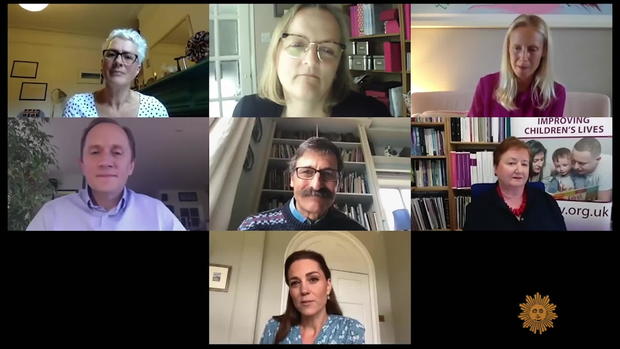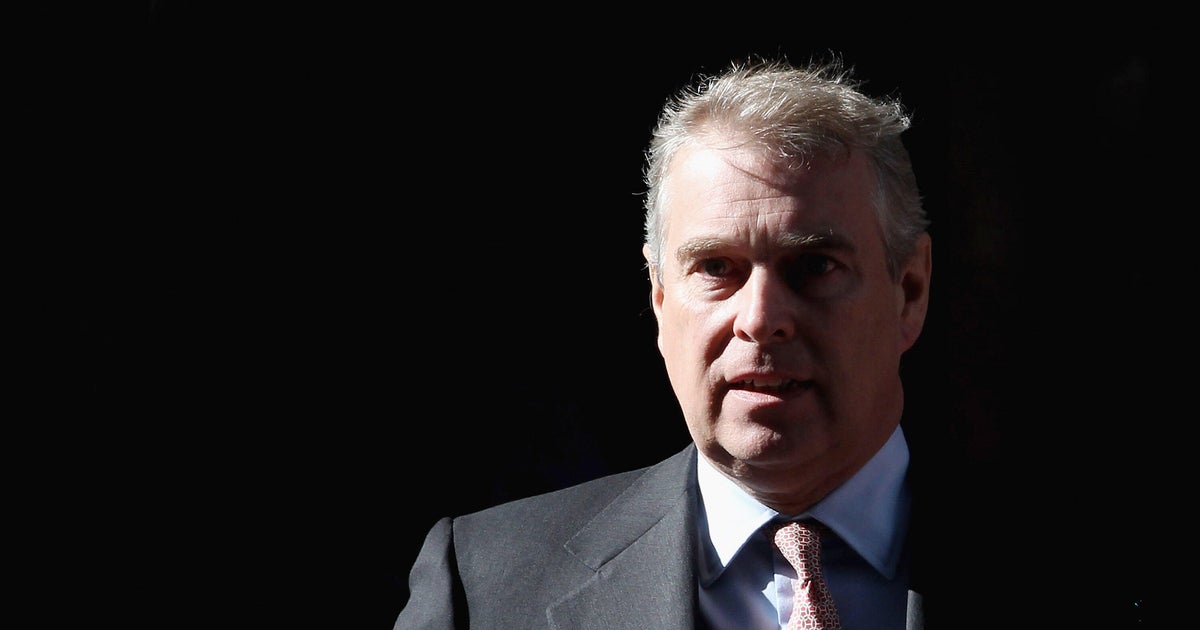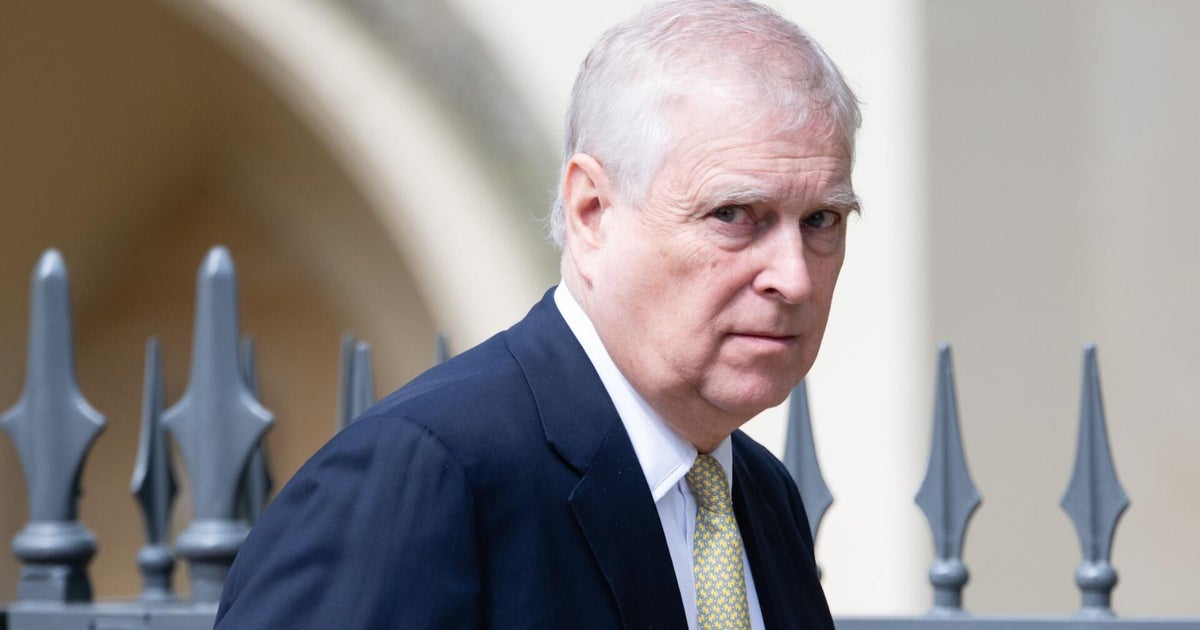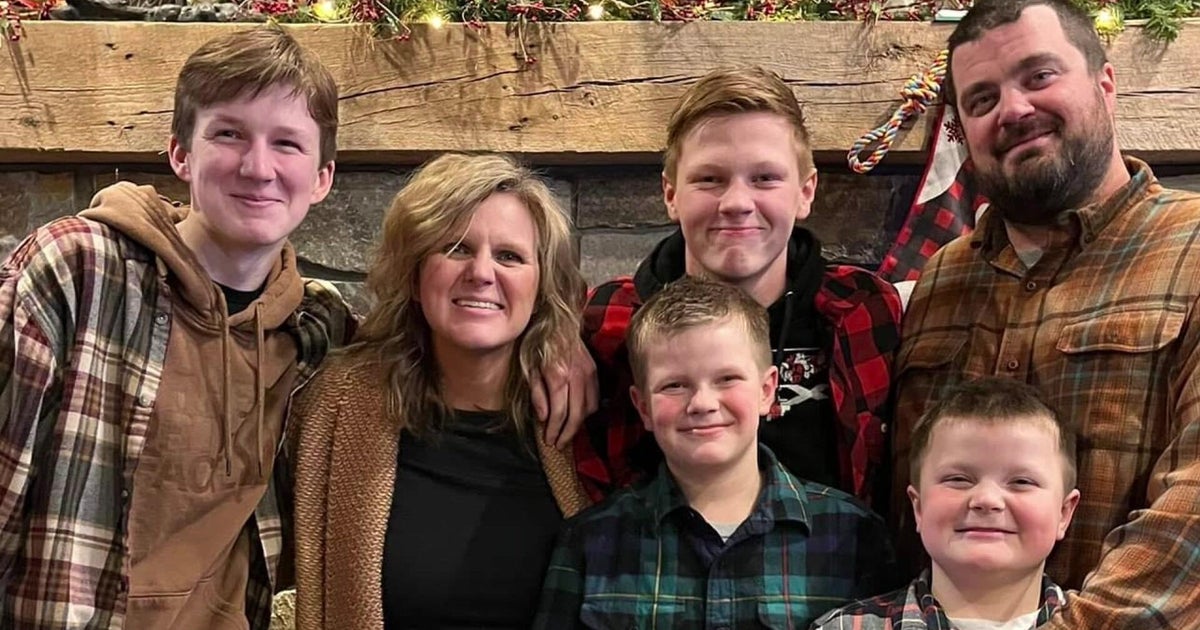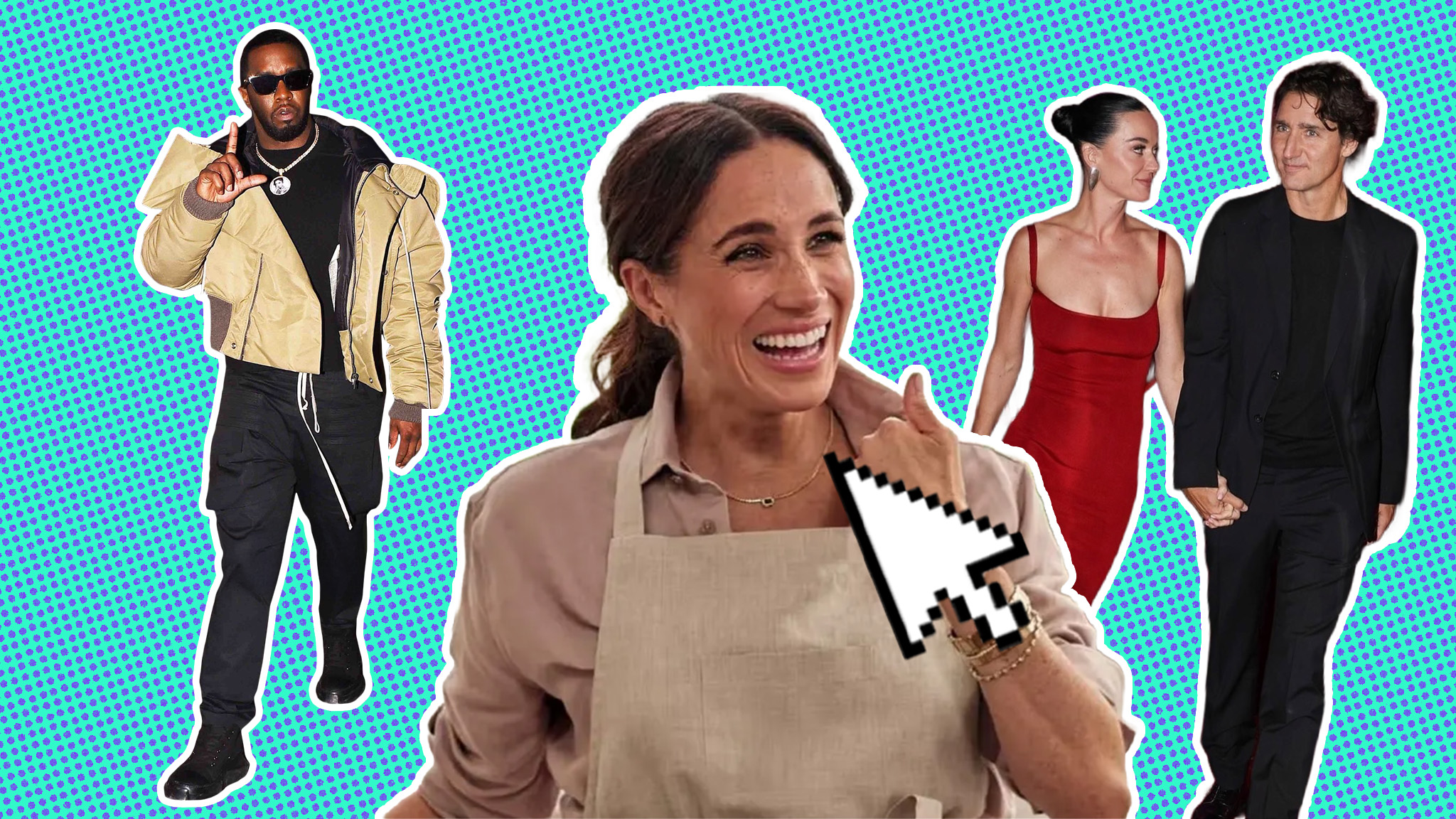Royal family missing the star power of Harry and Meghan
A new statue of Princess Diana, to be unveiled at Kensington Palace in London on Thursday (what would have been Diana's 60th birthday), will honor a woman whose charisma, compassion and rebellious streak revolutionized royal affairs.
It will also be just the second time that her sons, Prince William and Prince Harry, have been seen together since Harry and his wife, Meghan, began publicly criticizing the royal family from their new home in California.
The first time was a stilted-looking encounter at the funeral of their grandfather, Prince Philip, on April 17.
Correspondent Holly Williams asked, "How difficult is it for Harry to make these return visits to the U.K. following the interview that he and Meghan did with Oprah?"
"Oh, it's incredibly difficult," said Ayesha Hazarika, a journalist and former political advisor. "They are like pariahs in this country. They are treated abysmally by the press. They are criticized left, right and center."
Hazarika said the royal family has been damaged by the couple's allegations of racism: "There's a lot of younger people, a lot of people in Black and Asian communities, that look at that. They took that very, very personally. They felt really ashamed of the royal family and quite embarrassed about Britain."
She said the royal family is desperately missing Harry and Meghan's star power.
"William and Kate are really being pushed to the fore in terms of publicity, particularly Kate Middleton," said Hazarika. "I think what the PR machine behind the royal family is trying to do is turn William and Kate into the new Meghan and Harry. They're trying to make them a bit sort of rock star-like."
Kate and William released a Hollywood-style video to mark their 10th wedding anniversary; the royal family has never done anything like it before:
It was Kate who appeared with first lady Jill Biden on her visit to the U.K. this month:
And Kate who's become prolific on Zoom calls with members of the public:
"Harry and Meghan were very, very popular and they sucked up an awful lot of the oxygen," said Jonny Dymond, a royal correspondent for BBC News. "And so, with them off the scene, there is certainly more attention paid to William and Kate."
Earlier this month Dymond reported on Harry and Meghan's decision to name their newborn daughter Lilibet, a private royal family nickname for the Queen. The couple said the Queen supported it – but were publicly humiliated when a palace source told Dymond she hadn't been asked.
"When I first reported on it, I said, 'That is a mark of great love and respect,'" Dymond said. "Then, I was told a slightly different story from the palace. It has not made people feel any better, I think, on either side of the Atlantic."
While the vast majority of British citizens still support the monarchy, younger people are much more sympathetic to Harry and Meghan. But even more strikingly, more than 40 percent of those aged 18-24 now say they'd prefer an elected head of state, according to a recent YouGov poll.
Jane Wilson is one of the Queen's subjects who says she could do without her. "I'm pretty agnostic about the royals," she told Williams. "I appreciate some people love them, and they're here. But I don't personally see the need for them, or think Britain would be a lesser country without them."
Williams asked Wilson, a public relations guru, to analyze Kate and William's new video. "It was like an ad for an insurance company or some country living company," she said.
Williams asked, "Do you think it was at least in part explicitly done to counter the narrative pushed by Harry and Meghan?"
"I think almost certainly," Wilson replied. "I think it started a sort of soft-power charm offensive for the family, for Kate and Will in particular."
A family argument has exposed the challenges faced by a 1,000-year old institution in the modern world.
Dymond said, "I don't think there's any doubt that there is debate in the palace about the future of the monarchy."
Are they worried? "I don't know if they're worried," he said. "They know they have no God-given right to survive. They know that they are here with the forbearance and with the support of the British people. I don't think they're terrified, but yeah, without a doubt they think about it."
For more info:
Story produced by Erin Lyall. Editor: Mark Ludlow.
